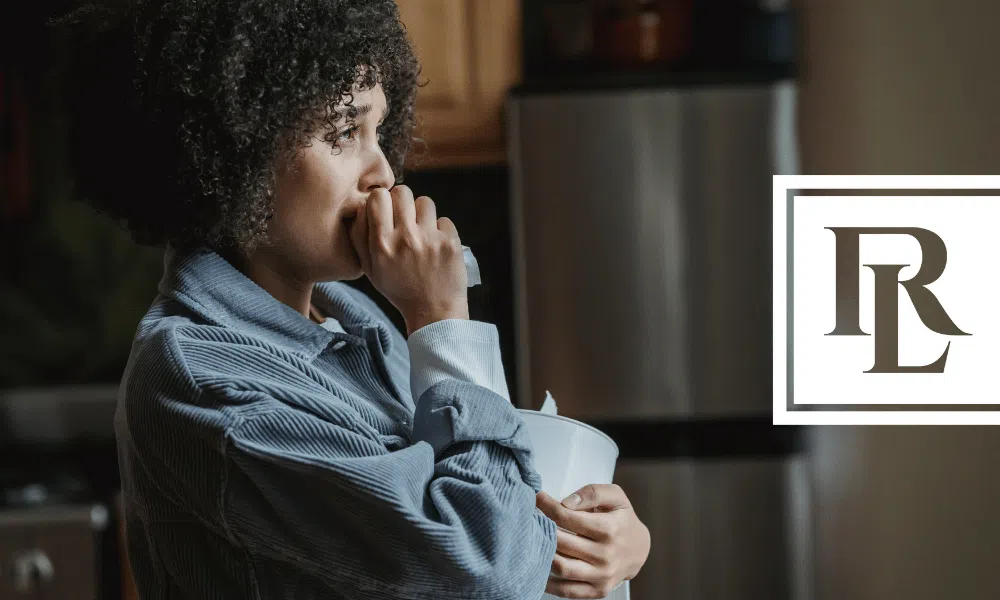In Massachusetts, injured plaintiffs have approximately three years from the date of their injury to file a lawsuit to preserve their claim at law. Children, however, do not have the capacity to bring lawsuits in Massachusetts and must instead have the suit brought on their behalf by a parent or guardian. But what if a child does not have a parent or guardian who is willing to bring a lawsuit in their name within the three year deadline to file suit?
To address this issue, the Commonwealth of Massachusetts has written M.G.L. ch. 260 § 7 which extends the time by which a minor must file a lawsuit to three years after they reach their 18th birthday. Therefore, a child who is struck by a car or bitten by a dog has until their 21st birthday to file a lawsuit against the individuals who caused them harm.
Massachusetts also recognizes the sacred bond between children and their parents and recognizes that parents can suffer emotional harm and damages from the disturbance of their parental connection with their children. As such, Massachusetts allows parents to file claims for what is known as loss of consortium. The loss of consortium claim is dependent upon a finding of negligence against a defendant in the child’s case for damages. If the defendant is not liable to the child, they cannot be liable to the parents for loss of consortium. The claim for the loss of consortium belongs to the parents and not to the child. The parent is the plaintiff.
Therefore, the statute of limitations for a child’s claim is 3 years beyond their 18th birthday but the statute of limitations for adults is only 3 years. So what happens when the three year statute of limitations for a parent’s claim will expire before that of their child’s claim which could remain viable for potentially 20 years from the date of the injury? Should the parents file a lawsuit for themselves and their child within the 3 year statute of limitations or risk their loss of consortium claim being time barred?
The answer, is unclear. There are some within the legal community who argue that a parents claims for loss of consortium and companionship “derivative” of their child’s underlying tort claim and thus the minority of their child inures to benefit of the adult parents to similarly toll the three year statute of limitations like that of their minor child for the parents claim of loss of consortium. There are some who argue that the disability status of a minor inures to the benefit of his parents for as long as the disability of the minor remains for the purposes of tolling the applicable statute of limitations pursuant to M.G.L. ch. 260 § 7.
Massachusetts courts, in a line of cases have held that a parent’s right of recovery for the loss of consortium of a small class of individuals such as loved ones arising from injuries inflicted by another are “entirely derivative” and that they have “no existence apart from a viable claim of the other spouse founded on personal injury”. . If the parent’s claims for loss of consortium are derivative, the claims of their children, it is argued, should not begin to realize and that the clock would not begin to run until the statute of limitations for their child begins to run on their 18th birthday. If the parent’s claims are not derivative, and are instead separate and distinct claims at law, the legal result may require the parents to file preserve their claims for loss of consortium within the three year statute of limitation. In effect, this would effectively run afoul of the intent of the Massachusetts legislature when it enacted M.G.L. ch. 260 § 7.
Massachusetts courts have not addressed this issue head on but have brushed upon it in Short v. Town of Burlington, 11 Mass. App. Ct. 909, 909, (1981); Pinheiro v. Medical Malpractice Joint Underwriting Association, 406 Mass. 288, 290-295 (1989); A. 68; Duffee v. Boston Elevated Ry. Co., 191 Mass. 563, 564 (1906), A. 68. And; Diaz v. Eli Lilly & Co., 364 Mass. 153, 160 (1973). At. 68
In Pinheiro, the court addressed the issue of whether or not a loss of consortium claim was derivative or distinct for purposes of constituting a “single claim” within the confines of a medical malpractice liability insurance contract but did not specifically address claims for loss of consortium of a parent for their child’s injury. The Court in Pinheiro did find that the loss of consortium claims were distinct and separate claims for the purposes of liability under a medical malpractice insurance contract.
In Corcoran v. Wigglesworth Mach. Co., 389 Mass. 1002 (1983) the court was presented with a motion to intervene of a mother into her minor child’s case to recover for loss of society after the expiration of the three year statute of limitations. Id. at 1002. The Massachusetts Supreme Judicial Court upheld the decision of the lower court which denied the plaintiff’s motion to intervene on the grounds that, in the discretion of the lower court judge, the motion to intervene was not timely filed. Id. at 1003. The Court in Corcoran, in dicta, did consider why the plaintiff did not argue that her child’s status as a minor inured to her benefit as preserving her claim within the statute of limitations stating “While we do not express any views on the point, Corcoran did not indicate to the trial judge why her claim would not be dismissed as time barred prior to the filing of the daughter’s complaint. A three year statute of limitations applied, since her claim sounded in tort. G.L. c. 260, § 2A. She did not argue that the minority of her daughter inured to her benefit under G.L. c. 260, § 7.” Id. at 1003.
The Court in Corcoran had the opportunity to address this specific issue but chose not to as the argument was not advanced in the lower court. The statements by the Supreme Judicial Court in Corcoran do support the argument that our Supreme Judicial Court believes that the minority status of a minor inures to the benefit of the child’s parents claims for loss of consortium.
In summary the issue of the issue of t whether or not the status of the minor makes the loss of consortium claims of their parents derivative in nature pursuant to M.G.L. ch. 231 § 85X[2] and tolled pursuant to M.G.L. ch. 260 § 7 has yet to be addressed by the Massachusetts Courts.





